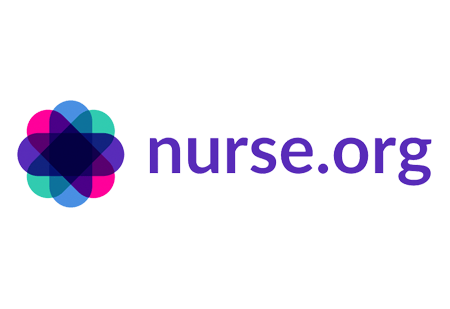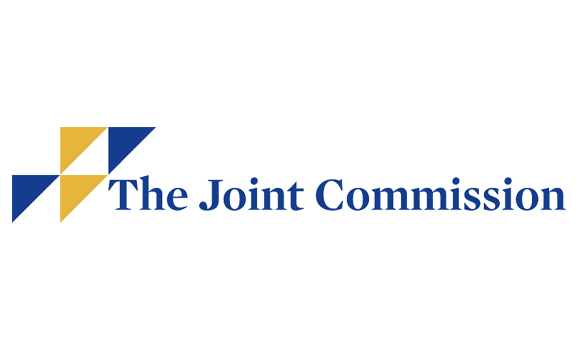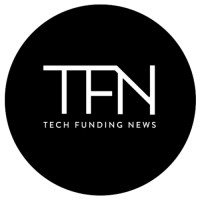
Editor's Note Microsoft’s MAI Diagnostic Orchestrator (MAI-DxO)artificial intelligence (AI) system outperformed physicians on diagnostic accuracy, achieving an 80% score compared to only 20% for a panel of human doctors. Wired reported the news June 30, quoting an official calling the system “a genuine step toward medical superintelligence” and noting that…

Editor's Note Epic has introduced a free training program to help nurses and medical assistants reduce time spent using electronic health records (EHRs), addressing a key factor contributing to widespread burnout. According to a recent article in Fierce Healthcare, the Nursing SmartUser classes launched during National Nurses Week and aim…

Editor's Note Johnson & Johnson MedTech has launched the Polyphonic AI Fund for Surgery to accelerate the development of artificial intelligence solutions aimed at improving surgical care before, during, and after procedures. According to the company’s June 25 announcement, the initiative brings together key partners, including NVIDIA and Amazon Web…

Editor's Note Financial strain, stress, and uncertainty are not enough to deter many US nurses from saying their education and careers have been worthwhile. That is one reading of the results of Nurse.org’s 2025 Nurse Survey, which collected responses from more than 6,000 US nurses between January and April. Overall,…

Editor's Note The Joint Commission and the Coalition for Health AI (CHAI) are partnering to set national standards for responsible artificial intelligence (AI) use in healthcare, according to a June 11 announcement from the organizations. This effort will deliver AI implementation guidance, tools, and a certification program to over 80%…

Editor's Note An AI-powered wearable camera has achieved 99.6% accuracy in detecting potentially deadly drug mix-ups, including in the OR, NBC News reported May 25. Developed by Kelly Michaelsen, MD, at UW Medicine, the smart glasses scan medication labels in real time, alerting anesthesia providers to syringe-vial mismatches before drugs…

Editor's Note Capability to achieve results on par with or better than humans using laparoscopic techniques demonstrates the extent to which autonomous surgical robots are rapidly evolving toward clinical readiness, according to John Hopkins University robotics researchers writing may 27 in IEEE Spectrum. The system detailed in the article, Johns…

Editor's Note German health technology startup Medical Decision Alliance (MDA) has raised €3.3 million in seed funding to teach AI systems to think like top surgeons, leveraging human-like clinical intuition to guide OR teams. Tech Funding News reported the development May 22. As detailed in the article, which is focused…

Editor's Note AI systems are only as secure and reliable as the data that powers them. That’s the central message of a guidance sheet jointly issued May 22 by the NSA, CISA, FBI, and cybersecurity agencies from Australia, New Zealand, and the UK. The document outlines best practices for securing…

Editor's Note Nearly two-thirds of healthcare organizations expect increased revenue from value-based care (VBC) arrangements in 2024, signaling growing confidence in the model despite concerns over financial risk and infrastructure gaps, according to a May 19 report in Healthcare Finance. The findings are based on a nationwide survey of 168…